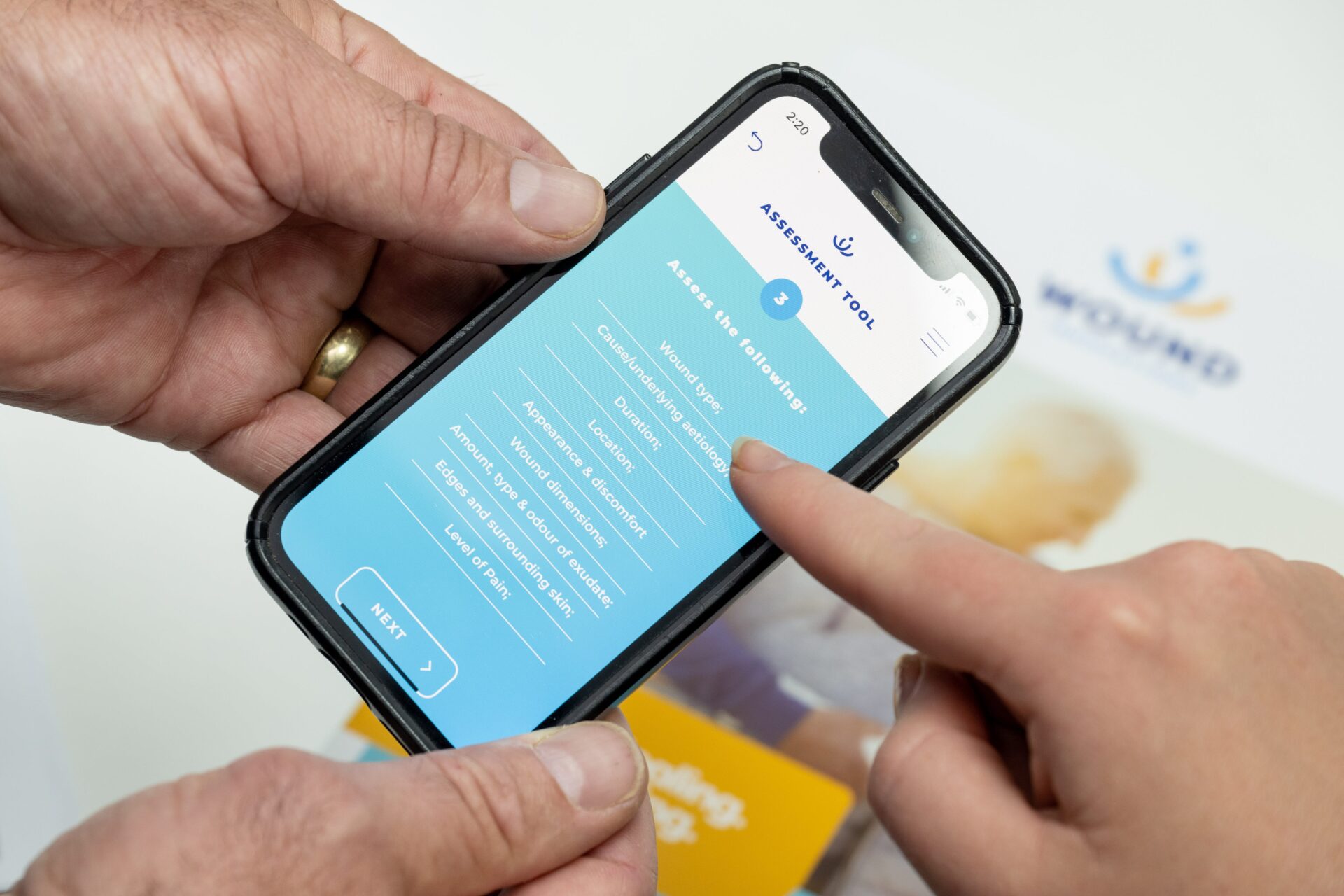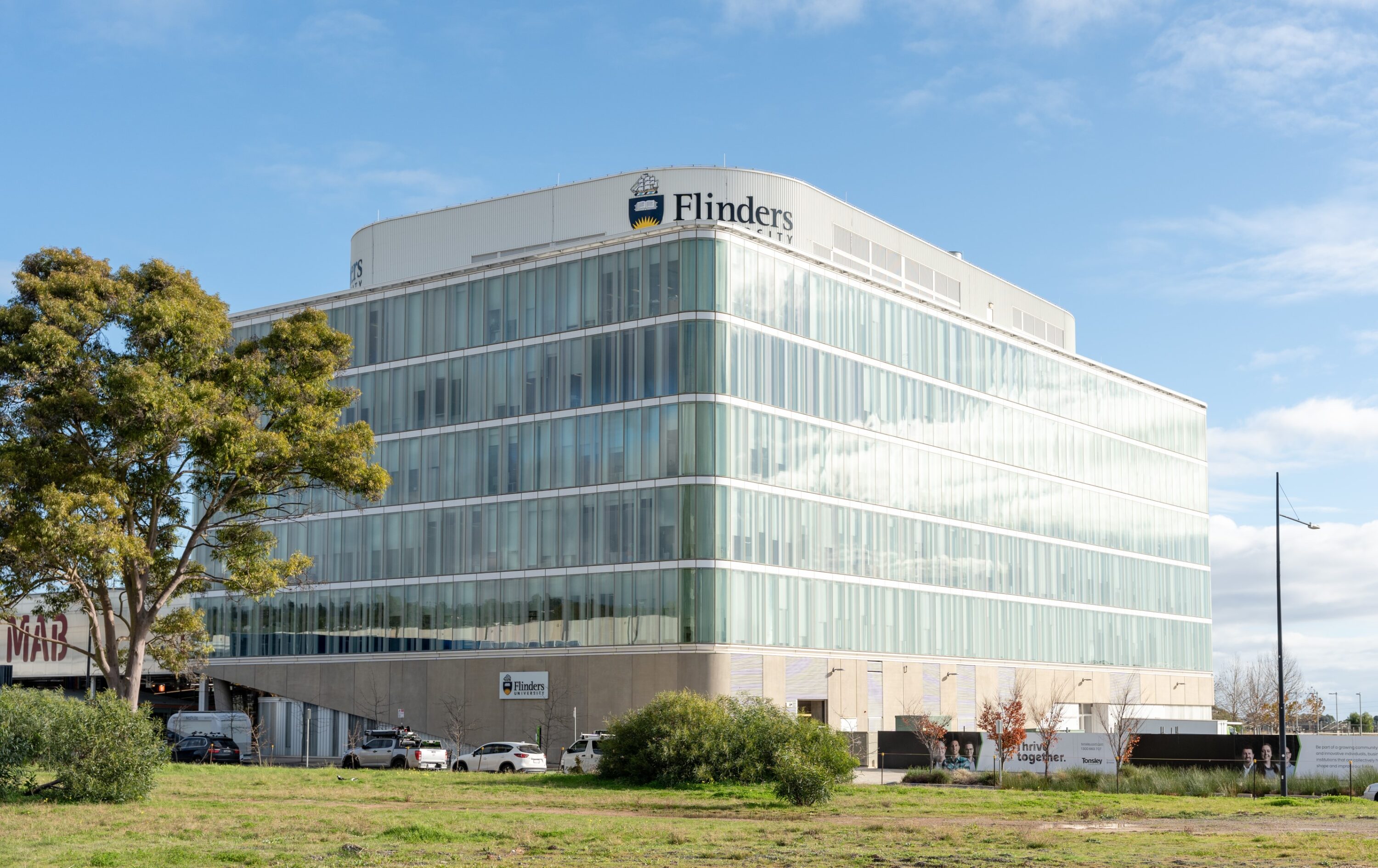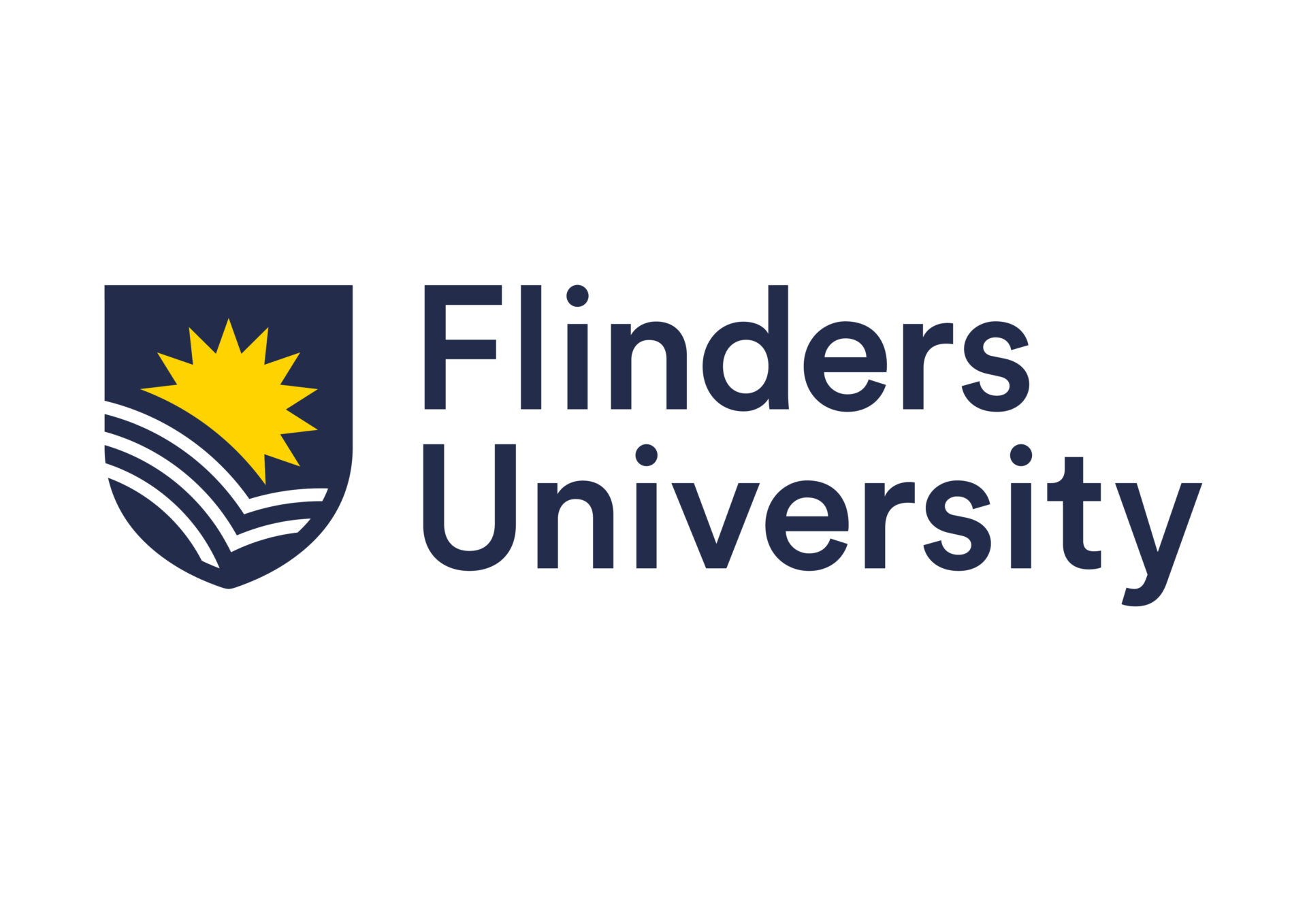Pressure test: Tonsley company tackling $3 billion wound burden

It’s estimated that more than 420,000 Australians suffer with chronic wounds costing the nation’s health and aged care budgets more than $3 billion annually to treat.
Wound Innovations CEO Dr Anthony Dyer pulls no punches when he describes the burgeoning crisis that his healthcare team faces daily: “It’s a warzone”.
On the frontline, the company’s 18 wound nurse specialists have been working with patients and health professionals in aged care and at-home settings to minimise this pain and suffering by identifying, treating and managing chronic wounds. They do this using best practice care that’s in accordance with new Aged Care Standards.
Demand for their services is surging.
In its first year of business, Wound Innovations – which is based at Tonsley Innovation District’s Main Assembly Building (MAB) – was servicing 20 appointments a month. Nearly four years later and that figure is more than 1,000, as an increasing number of patients turn to its services seeking relief or cure from debilitating sores that have often robbed them of years of quality life.
In an innovative new strategy to enhance its consultation, education and prevention services, Wound Innovations has partnered with Flinders University to develop an app to help patients and their carers accurately identify the type and severity of wounds and determine if, and when, a specialist consultation is required.
“Part of the purpose of this app is about empowering nurses and key workers in aged care to recognise when something may be outside of their scope of practice and escalate,” Dr Dyer, a Flinders University alumnus, said.
Patients can also use the app to self-refer to Wound Innovations for a nurse specialist.
Dr Dyer points to published evidence which suggests up to 80 per cent of patients with serious wounds, such as venous leg ulcers, can be healed within 10 to 12 weeks if they had access to a wound specialist.
“We also know that around 25 per cent of patients with a leg ulcer are hospitalised at a cost of around $18,000 and they can just bounce around in the healthcare system,” he said.
“Many of our patients are in palliative care, so providing the proper treatment to their wounds is also about providing some quality of life for themselves and for their families.”
The app will now be trialled in an aged care setting with Flinders tracking its performance before being launched to market.

Wound Innovations has been intrinsically linked to Flinders since its inception. The company was spun out of the Wound Management Innovation Cooperative Research Centre – of which Dr Dyer was Research Director – that was established in 2010 through partnership of government, industry, clinicians and universities to transform wound outcomes. It has grown from a two-person start-up at Flinders’ eNVision innovation incubator at Tonsley, to now having 26 staff Australia-wide, including nine at its MAB headquarters.
“Without Flinders we would not have the capacity or time to collect the data to find out if the app will be well adopted. We have no researchers, so we have to find partners to enable us to innovate,” Dr Dyer said.
“We need to be providing these sorts of technologies and software to help aged care providers because their staff have many competing tasks and responsibilities – so hopefully this app can make one area easier for them.
“We are changing, one appointment at a time, how chronic wounds should be dealt with in Australia.”
Collaboration remains at the centre of Wound Innovations’ mission to provide even better care for Australians living with chronic wounds. Dr Dyer said co-location with the university’s Australian Industrial Transformation Institute while working on the app trial had been fundamental to the project’s success to date.
He said the breadth and flexibility of tenancies and lease terms within the MAB has also allowed his company to scale up as its needs have changed – another unique value add of being at Tonsley.
“We’ve moved four times as we’ve grown and expanded,” Dr Dyer said.
“Our staff love being here – the expressway and parking access makes it all very easy.
“There’s also a layer of credibility for companies being located in an innovation hub.”
For more information about Wound Innovations visit woundinnovations.com.au
Together at Tonsley
Stay up to date with the latest news, developments events and activities at Tonsley Innovation District

